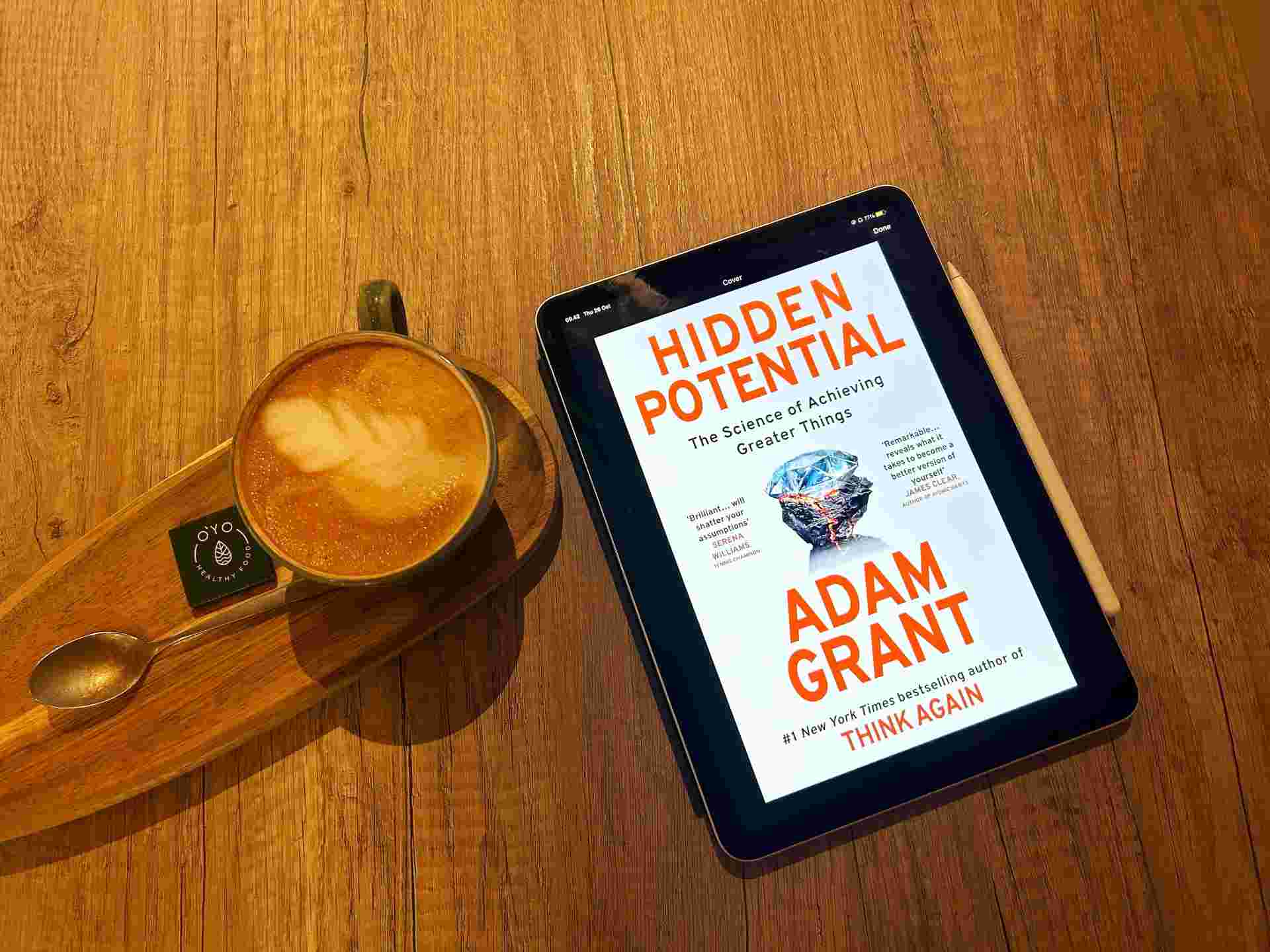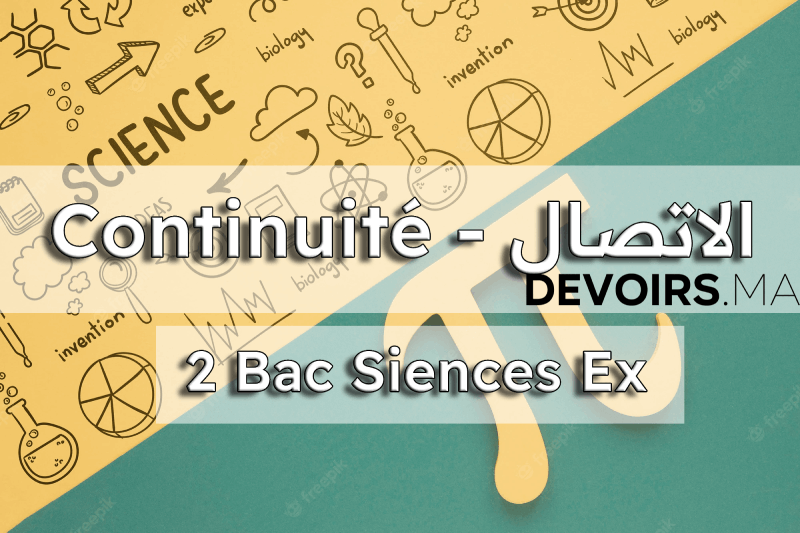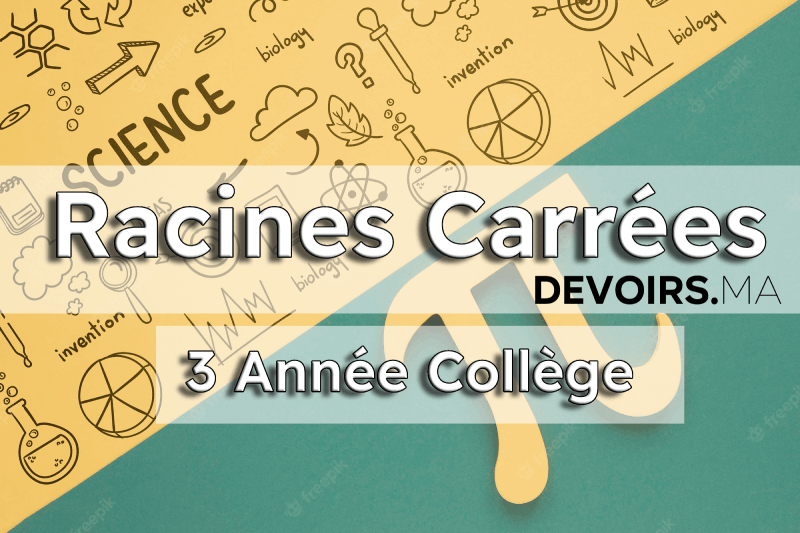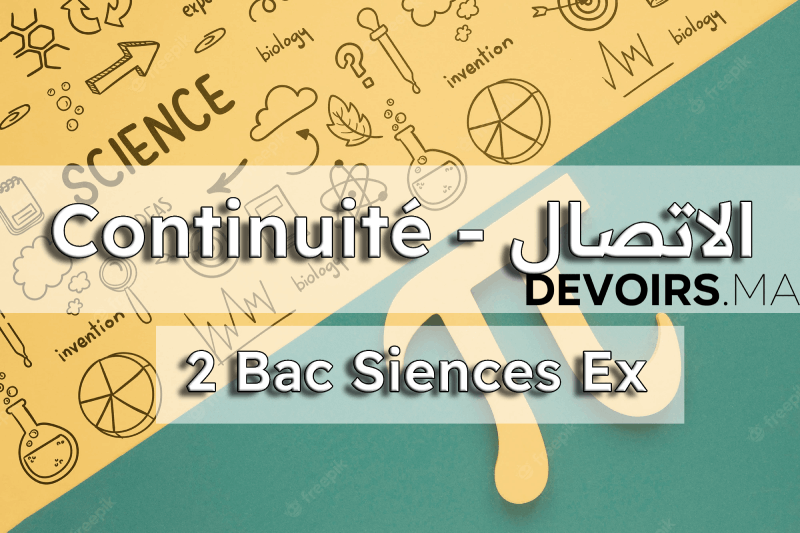Hidden Potential Summary

1-Sentence-Summary: Hidden Potential asserts that everyone, not just geniuses and superstars, can achieve great things, providing a three-part framework for developing character skills, sustaining long-term motivation, and designing opportunity systems that allows anyone to grow, learn, and reach their highest heights.
Read in: 4 minutes
In 1991, the US National Junior High Chess Championships in Detroit would become the scene of a miracle. The elite team from Dalton, a private school in New York, had won three titles in a row. What chance did the Raging Rooks, a band of rascals from a public school in Harlem, stand?
After a strong start followed by a crumbling of confidence and falling to fifth place, the team rallied around their coach, Maurice Ashley. Kasaun Henry, the captain, managed to beat Dalton’s best player, and the Rooks took the title! How could a team with barely enough players that practices in parks where drug dealers do their business beat Olympic-level professionals? Hidden Potential, according to Adam Grant.
Grant is an organizational psychologist and professor at Wharton Business School. His books have sold millions of copies. In this one, Grant explains that instead of focusing on innate genius and earthshaking achievements, we should prioritize learnable skills and how far people have come. When we do, anyone can reach greater heights — including us.
Grant suggests there are 3 key pieces to the latent power–puzzle: character skills, sustaining motivation, and systems of opportunity. Here’s one lesson from the book about each of them to unlock your inner capabilities:
- Developing your character begins with starting before you feel ready.
- Progress often feels like going in circles — that’s normal, just keep going.
- “Brainwriting” is a better technique to produce results in a group than brainstorming meetings.
Let’s crack open some rocks and unearth our inner diamonds, shall we?
Lesson 1: Start before you’re ready, and become “a creature of discomfort.”
We tend to use the words “character” and “personality” synonymously, but according to Grant, there’s a distinction: “Personality is your predisposition — your basic instincts for how to think, feel, and act. Character is your capacity to prioritize your values over your instincts.” In other words, personality is what you want to do, whereas character is what you choose to do.
One way to develop such character skills is to start before you’re ready. As a graphic by Liz Fosslien shows, the longer you wait until you feel prepared, the slower your overall progress will be. “You don’t need to get comfortable before you can practice your skills,” Grant says. “Your comfort grows as you practice your skills.”
Other ways of “becoming a creature of discomfort,” as Grant calls the state required for continuously improving, include:
- Switching learning styles to what’s most appropriate for what you’re trying to learn, even if it’s not your preferred one.
- Going beyond your limits and then figuring out new challenges as you go along.
- Setting a minimum mistake target for each week or day. When failing becomes part of the plan, it hurts less.
As a high school student, in an interview with a Harvard alum, Grant dared to show him his magic tricks. His self-teaching and courage scored him a place at the school.
Don’t delay your dreams. Start before you’re ready, then improve a little every day.
Lesson 2: When it feels like you’re stuck, keep going. You might be on “the roundabout path to progress.”
Every time I go back to a book about self-love I’m working on, I end up redoing the structure from scratch. It’s still too convoluted, but with each cycle, it becomes simpler. Smoother. Better. According to Grant, I’m on a slow upwards spiral — “the roundabout path to progress.” Some of humanity’s greatest achievements have happened in the second half of people’s lives. The problem is most people give up before they get there.
R. A. Dickey is a baseball pitcher who, after some early success, languished in the Minor League for years. At 31, an age long past his peak, he began perfecting the knuckleball, a rare throwing technique. Having practiced his throw over 30,000 times, at 35, he signed a multi-year, million-dollar contract with the New York Mets.
“The drawback of a compass is that it only gives you direction, not directions,” Grant writes. Sometimes, you have to walk all the way back to the beginning to find a better way. Or seek advice from multiple sources to find a solution where their ideas intersect. A side gig that feels like a detour can also be the springboard you need for a breakthrough at your main occupation.
Life is not a straight line but a road full of things we didn’t expect. No matter how stuck you feel, keep going. It might seem like you’re wandering in circles, but chances are, you’re slowly spiraling upwards.
Lesson 3: Try “brainwriting” instead of brainstorming when working in groups for better, more collaborative results.
In 2010, a copper and gold mine in the Atacama desert in Chile collapsed. 33 men ended up stuck inside. The Chilean government, a dozen companies from all over the world, and even NASA cooperated to try and save the men.
André Sougarret, the man in charge of the operation, needed ideas — and fast. Instead of long brainstorming meetings where only the loudest people talk and no one really decides on anything, however, he decided to rely on what Grant calls “brainwriting.” Sougarret gathered submissions via a website from the whole world, including UPS, the Navy, and many solo engineers. Then, he invited the people with the most promising solutions and discussed their feasibility.
Pedro Gallo, for example, invented a mini, yellow plastic phone to send down and communicate with the trapped miners. At first, his idea was rejected, but when, later, the audio of a high-quality camera failed, the team called him back. The $10, old-school device worked — and Gallo spoke with the miners every day.
Whenever you’re tackling a problem as a group, have people collect their ideas individually before you meet. Then, use your time to judge, select, and perfect existing ideas.
It’s not always a matter of life and death, but sometimes, it’s crucial that our group efforts succeed. Like in the 33 Chilean miners’ case, who, after 69 days, were finally rescued, all safe and sound — thanks to a hole dug with the tools yet another volunteer suggested.
Try brainwriting. You and your team won’t regret it.
Credit to : https://fourminutebooks.com/hidden-potential-summary/#more-10988








